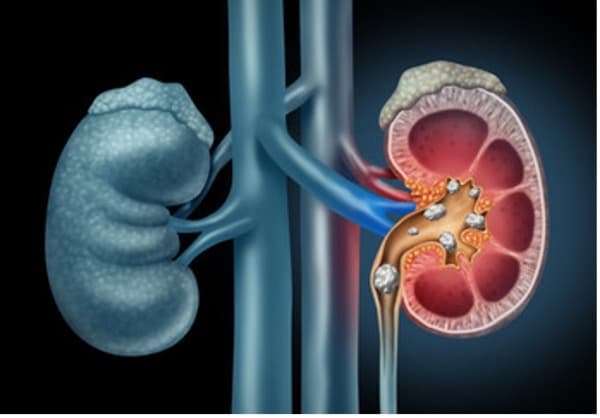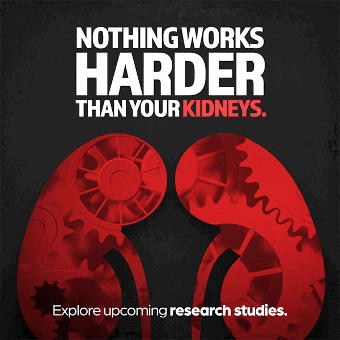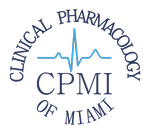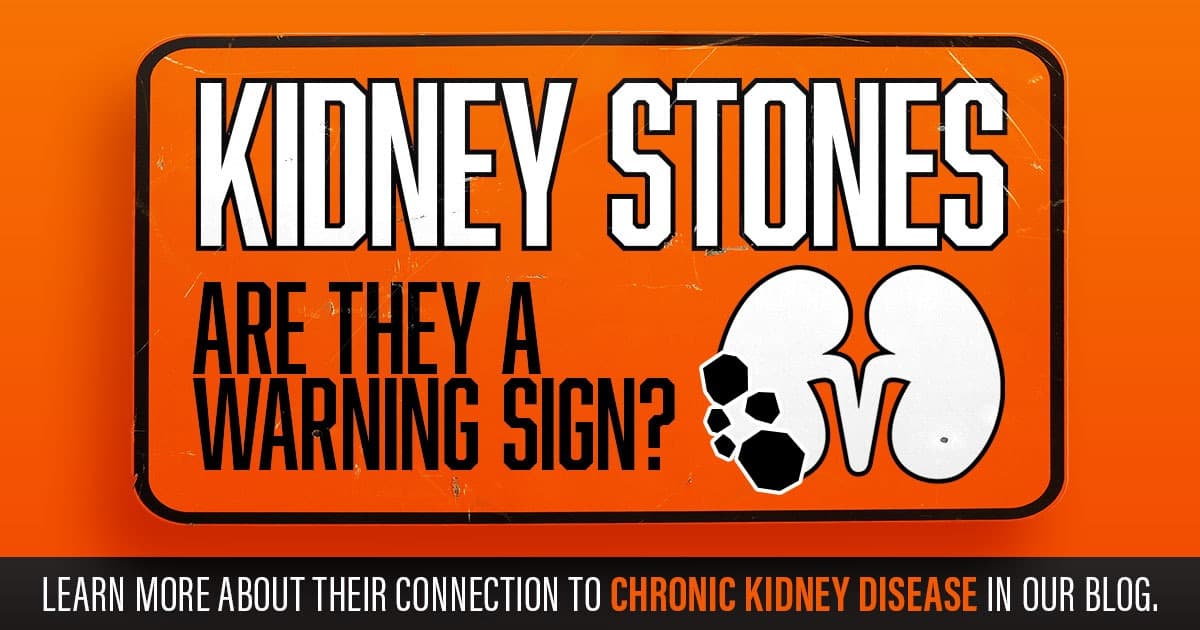There’s no kidney-ing around with kidney stones, this common problem can be the cause of a lot of pain. In our blog, we leave no kidney stone unturned. We’ll discuss what kidney stones are, the potential dangers to your kidney, and the importance of clinical trials.
Your Kidney Matters – So Should Kidney Stones
Stones, and no we’re not talking infinity stones, form when there is an imbalance in the levels of certain substances in your urine. When these substances become too concentrated, crystals can develop. Over time, these crystals can grow and turn into stones. Kidney stones are made of calcium, but they can also be made of other substances, such as uric acid or cystine. These stones can range in size from tiny crystals that are barely visible to quite large stones that can block the flow of urine. Kidney stones affect about 1 in 10 people in the United States. They’re most common in men and people over the age of 40.

Top Tips for Prevention
There are a few things you can do to lower your risk of developing kidney stones, such as:
- Avoid foods that are high in oxalates. These include spinach, rhubarb, chocolate, and nuts.
- Drink plenty of fluids. Staying hydrated is the best way to prevent kidney stones. Fluids help flush out the toxins that can build up and contribute to stone formation.
- Eat a healthy diet. A diet that is high in fiber and low in animal protein, salt, and sugar can help prevent kidney stones. Avoid crash diets. Rapid weight loss can increase risk of stones.
- Get enough calcium. While too much calcium can increase risk, too little is also a problem. Calcium is a key component of kidney stones; the appropriate amount can help prevent stone formation.
- Limit salt intake. Too much salt can cause your body to hold onto calcium, which can lead to stone formation.
A Warning Sign for Kidney Disease
People are often unconcerned with kidney stones due to the high frequency of cases that occur. Yet, it’s an important health concern that can be an indication of kidney disease, which can later progress into kidney failure. Making treatment of kidney stones crucial to the prevention of kidney disease progression. Pain is often caused due to the stone blocking the tube that connects the kidney to the bladder. This blockage can also cause urine to back up into the kidney, which can damage kidney tissue. Currently, medication or surgery is the preferred means of treatment. Medication is used to break up the stones so that they can be passed through the urinary tract. Whereas surgery is typically reserved for cases where the stones are too large to be passed naturally.
The Relevance of Research
Kidney stones present a unique challenge seeing as they can be difficult to detect and therefore difficult to diagnose. This significant health problem demands further research be completed to develop better forms of treatment. Naturally, clinical trials are an important part of this process. Ongoing clinical trials are investigating different aspects of kidney stone disease. New imaging techniques and better ways of measuring kidney function are making clinical trials for kidney stones more feasible. Participation in a clinical trial can be a great way to receive cutting-edge care for your condition, offering patients access to new treatments that are not yet widely available while advancing medicine. Leave no kidney stone unturned!

Consider participating in a clinical trial today – learn more about our upcoming kidney disease trials here! At Clinical Pharmacology of Miami, we want to ensure that you’re in good hands, contact us at (305) 817 – 2900 for any questions. Don’t kid-ney around with your health!
Resources:
https://www.ncbi.nlm.nih.gov/pmc/articles/PMC5685519/
https://www.kidneyfund.org/all-about-kidneys/other-kidney-problems/kidney-stones




